8. Love (Gaspar Noé, 2015)

To date, “Love” is Gaspar Noé’s most recent film, and it tells the love story of Murphy, a film student living in Paris, and a painter named Electra. Theirs is a stormy love, passionate and unique, but it ultimately falls apart, leaving behind just memories and regret from Murphy. It is told from Murphy’s perspective once everything has ended, Electra is gone, and he is living with Omi, a girl he accidentally got pregnant.
The film is told via flashbacks, as a depressed and melancholic Murphy is remembering the complicated relationship he had with Electra. In the final scenes, Murphy gets carried away by his feelings and starts confusing reality with his dreams. Electra comes out of nowhere, they lay together in the bathtub, and an inconsolable Murphy debates the love he had for her. This kickstarts his death drive, and the love he has for his child.
9. Hiroshima, mon amour (Alain Resnais, 1959)
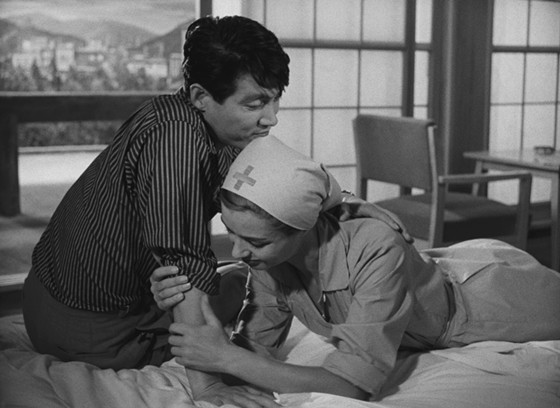
Alain Resnais directed “Hiroshima, mon amour” in 1959 and it has become one of the most renowned pieces of his filmography. He takes the figures of two lovers in Hiroshima to tell the story of the wounds that World War II left on the human spirit. She is an actress working on a pacifist film against nuclear weapons, and he is a Japanese architect living in Hiroshima. In the shelter, old love stories start to arise, old wounds are revisited, and that which is always lurking behind us goes out to broad daylight.
Written by Marguerite Duras, the film has a strong poetical language. The feelings of both lovers is convulsive and tectonic, and they make love as if they were extensions of the Earth. The characters are torn between the past and the present; the pain of their past lives finds a sedative in their company, they need each other and yet their lives inevitably lead them towards separation.
10. In The Mood For Love (Wong Kar-Wai, 2000)
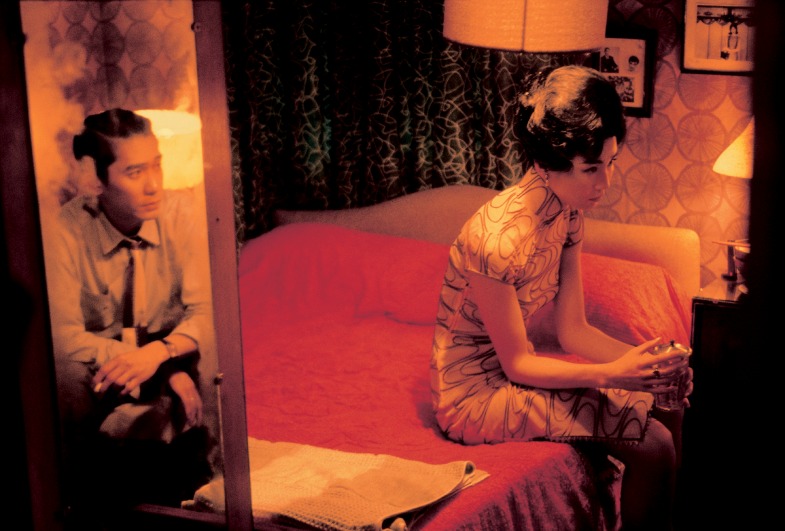
“In The Mood For Love” is the third film by Wong Kar-Wai to appear on this list, and it shouldn’t be a surprise to anybody. In this film, which is already a classic of our time, we bear witness to a strange love affair. Chow Mo-wan and Su Li-zhen, two neighbors living in the same building, find out that their respective significant others are having an affair with each other, and thus they begin a relationship.
The camera swiftly moves across the rooms, as if it were an angel contemplating the human nature of the drama, and the characters move from one place to another as though they are part of an intricate choreography. Chow and Su start playing the game of love while the beautiful soundtrack underlines the appearance of a desperate love, a pretended love that spawned from seeds of lies and contempt.
11. Pierrot, le Fou (Jean-Luc Godard, 1965)
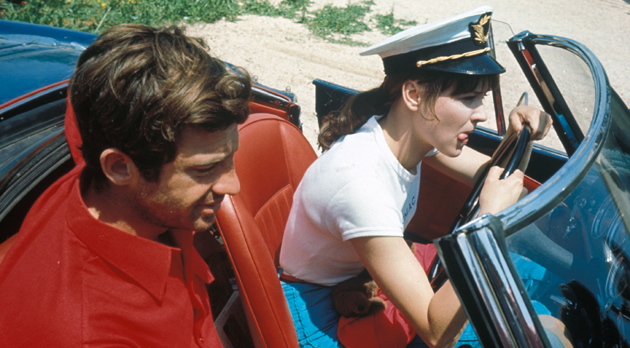
“Pierrot, le Fou” is one of the best films directed by the enfant terrible of the French new wave, Jean-Luc Godard. With a very fresh and dynamic narrative style that resembles what Julio Cortázar did with literature and the conventions of filmic storytelling, he tells the story of a man who is sick of the bourgeois society he is stuck in and escapes with Marianne, his babysitter who also happens to be his former lover.
After they get involved in a weapon smuggling affair, they escape the city and take shelter at a beach where they live an idyllic life for awhile. They are two crazy lovers on the run from terrorists and the bourgeois society. They have problems relating to each other; Pierrot is a rational man with the mind of a novelist, while Marianne is a deeply emotional woman.
“Pierrot, Le Fou” is a complex film and it would be very simplistic to reduce it to just a love story, but it is indubitable that it portrays in a beautiful way the intricacies of the amour fou.
12. Annie Hall (Woody Allen, 1977)
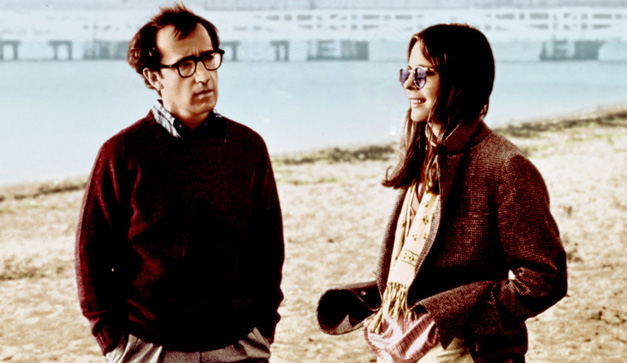
“Annie Hall” is the quintessential Woody Allen film, and it starts with a monologue where we get to know Allen under the name Alvy Singer, a neurotic comedian who reflects on his life and his relationship with Annie Hall, played by Diane Keaton.
Alvy recounts his relationship with Annie as he tries to understand where things failed, while also remembering his childhood and other important moments in his life.
Filled with trademarks of Woody Allen’s films like references to Ingmar Bergman, philosophy, psychology, and the Jewish religion, the film is lighthearted and funny, putting us the common position of not understanding why the love that brought so much happiness had to inevitably die, leaving us asking questions without answers.
13. Eternal Sunshine of the Spotless Mind (Michel Gondry, 2004)

Heartbreak and pain, love and despair, a suffering so deep it makes you want to forget everything and run away from yourself… those are the feelings portrayed in Michel Gondry’s “Eternal Sunshine of the Spotless Mind”.
It was written by Charlie Kaufman, one of the most imaginative screenwriters of our time, and it tells the story of a man named Joel Barish (played by Jim Carrey) who, after finding out that his girlfriend erased him from her memories, decides to do the same.
Its surreal imaginarium goes deep into the confusing feelings that arise with our romantic disappointments, and its great sense of the absurd gives place to some exquisite humor. It is heartbreaking, demonstrating the coldness that comes with the loss of love that can lead to devastating grief, and this film shows that in a very peculiar light.
14. L’Histoire d’Adèle H. (François Truffaut, 1975)
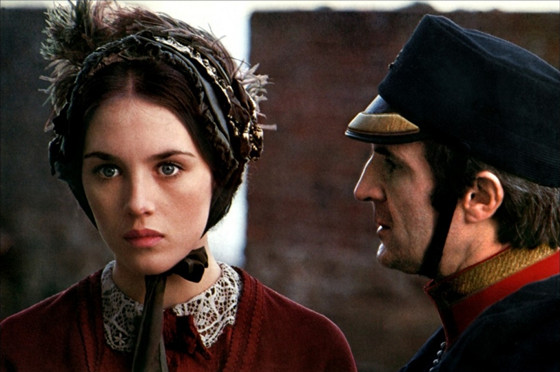
In this film, the legendary nouvelle-vague director François Truffaut presents us with the story of a love so deep yet so destructive that it becomes a descent into madness. The character of Adèle, the daughter of Victor Hugo, is a writer who has the soul of a poet. She lives in an idealized world, and she is irredeemably in love with a lieutenant of the French army who is evasive, cold and indifferent to her as she attempts to gain his love.
She is obsessive and determined, but her constant pursuits for love ultimately end up in failure. The rage of Adèle’s feelings is contrasted by the lieutenant’s cold responses. Love in this film is devastating and unbearable, and it is a dangerous feeling that is completely oblivious to the storms of our hearts.
15. A Short Film About Love (Krzysztof Kieslowski, 1988)
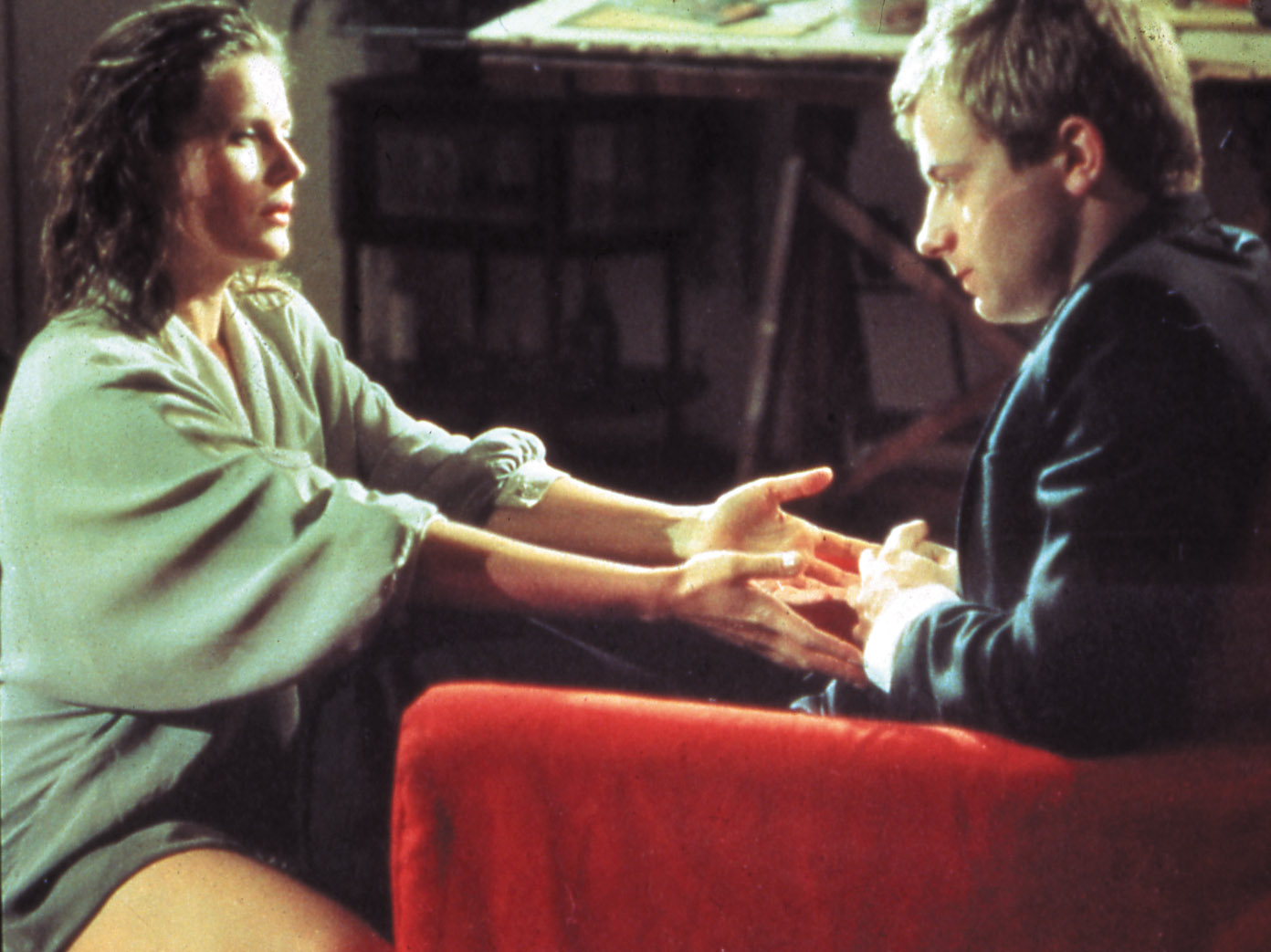
“A Short Film About Love” is a part of Kieslowski’s marvelous interpretation of “Decalogue”, which was about the 10 Biblical commandments, and it shows the turmoil inside the heart of Tomek, a young man who is hopelessly in love with her front neighbor. He spies on her every night, and after a couple of meetings set by Tomek’s cunning, he goes on a date with her.
The film narrates Tomek’s first encounters with the world of love and sex. After they go on a date she invites him to her apartment, where she humiliates him and damages him terribly. Tomek understands that sometimes the line separating love from sex is impossible to overcome, and all that is left is a strange melancholy and a sad aftertaste in back of one’s mouth.
Author Bio: Emilio Martínez Frausto is an Architecture student lost in Mexico City. Two of his greatest passions are literature and cinema. He is currently trying to find a way to cope with existance and to decide what he wants to do with his life. He writes poetry, short stories and film scripts.